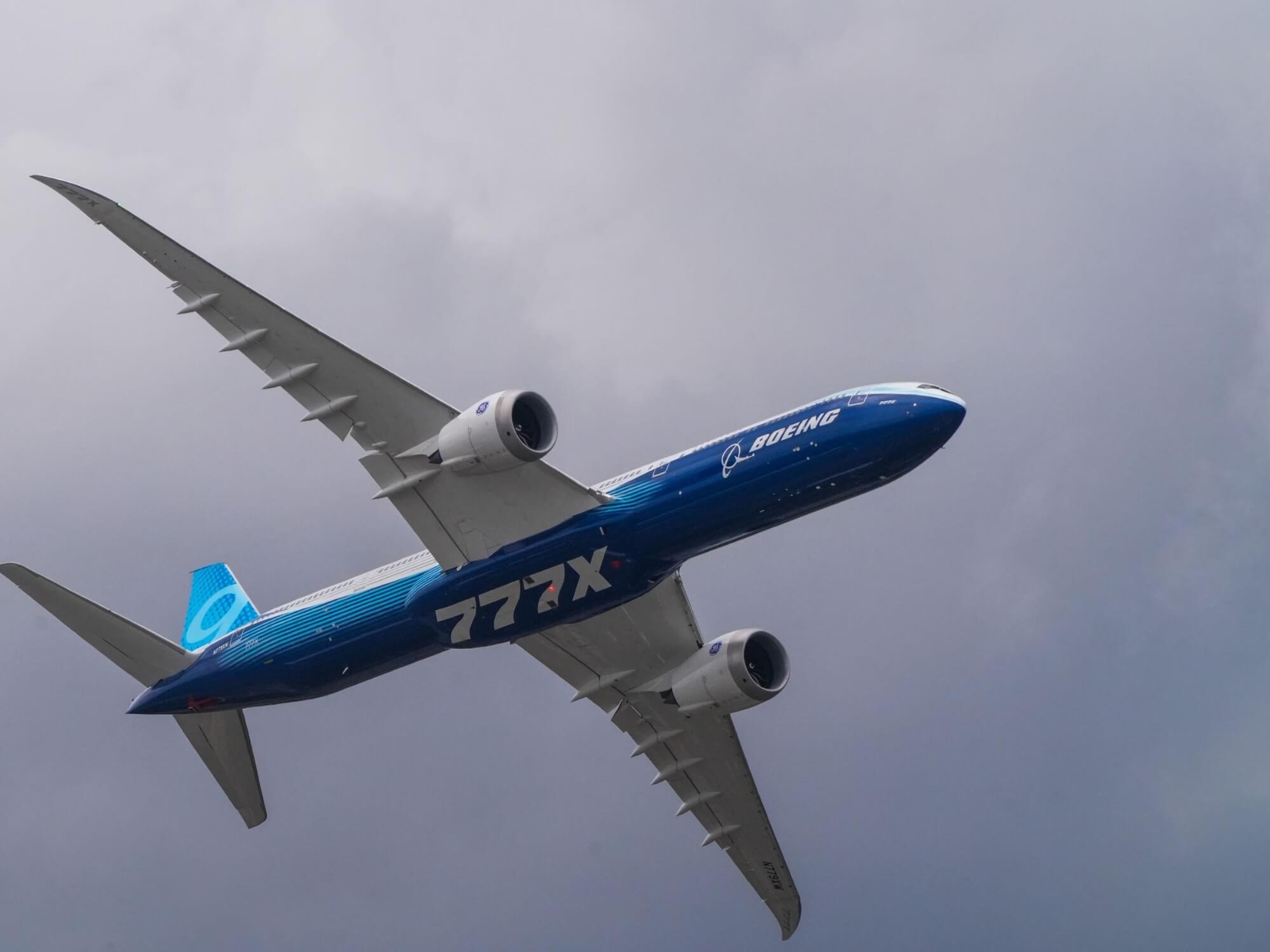Implications for AI, Akasa, SpiceJet, and More
Boeing, the world’s largest aerospace company, has agreed to plead guilty to misleading aviation regulators and defrauding the United States during the certification of its new Boeing 737 MAX planes, which were involved in two crashes that killed 346 people, including over half a dozen individuals of Indian origin. This development has significant implications for Indian airlines, as Boeing is a principal aircraft supplier alongside Airbus.
Why Did Boeing Plead Guilty?
Boeing chose to accept a plea deal rather than face a public trial, which could have resulted in nearly $25 billion in damages and uncovered more damaging information. The plea deal includes a $244 million fine, $455 million in safety-related investments, three years of intense monitoring, and the appointment of a corporate officer to ensure compliance. This agreement potentially absolves Boeing of any criminal charges. Despite Boeing’s stock price halving since the crashes, it rose 3% after the news of the deal became public.
What Really Happened
Boeing introduced the 737 MAX to compete with Airbus’s fuel-efficient A320neo. However, the first crash involving the MAX occurred in 2018 with Lion Air, and the second in 2019 with Ethiopian Airlines. Both crashes were caused by erroneous activations of the Maneuvering Characteristics Augmentation System (MCAS), which the pilots were not adequately informed about. The failure to properly educate pilots and the inadequate placement of MCAS information in flight manuals led to these tragic accidents.
Challenges Ahead for Indian Carriers
Boeing’s issues affect several Indian airlines that have ordered the 737 MAX. Air India has purchased 190 737 MAX planes, Akasa Air has ordered 226, and SpiceJet has also placed orders. Delivery schedules for these aircraft could be impacted by increased oversight on Boeing over the next three years. Akasa Air has already faced delays and might not meet its expected fleet size. Air India Express, which has rapidly inducted new Boeing MAX planes, could also experience delays.
Regulatory and Operational Implications
Indian aviation regulator DGCA may need to take action, as the certification process relied heavily on FAA and EASA certifications. Former DGCA Joint Director General AK Chopra suggested that DGCA should write to ICAO to ground Boeing MAX planes. This situation also puts pressure on the FAA, which could face accountability for its certification processes.
Broader Impact on Boeing’s Operations
India’s defense forces operate several Boeing platforms, including C-17s, AH-64 Apaches, CH-47 Chinooks, P-8Is, VVIP aircraft, and heads of state aircraft. As a felon, Boeing may be barred from US defense contracts and might need a waiver to continue bidding. India’s response to this situation, especially amid current geopolitical tensions, could influence Boeing’s ability to secure future contracts in India.
Boeing’s guilty plea has far-reaching consequences, especially for Indian airlines that rely on the 737 MAX. The increased scrutiny and potential delays in aircraft deliveries could disrupt operations and expansion plans for Air India, Akasa Air, and SpiceJet. Additionally, regulatory actions by DGCA and broader geopolitical implications may further complicate Boeing’s operations and relationships in India.
https://www.thefinance360.com/2024/07/10/new-indian-carrier-air-kerala-closer-to-launch-with-plans-to-expand-to-uae-by-2026/





